Growing up, one of my weekend rituals was to sit in front of the television to watch Steve Urkel in ABC/CBS sitcom, Family Matters. Frankly, when Steve entered my home, his clumsiness and misfortune were both unrealistic and humorous. I would synchronize with Quincy (His middle name) and ‘say- along’ his catch phrases: “I’ve fallen, and I can’t get up” or “Whoa, Mama!”. I was a fan!
Little did I know that I will channel in my inner Urkel on a cold winter night in Uppsala. This time, I found myself asking in Steve’s voice, “did I do that?” Oops! In my apartment building, one thing is for certain, the utrymningslarm (I call her Georgina) goes off often. It is certainly not because of any fire scare. Since I came to Sweden 5 months ago, construction has been going on in my building. Wires trip and the alarm goes off. It had become a regular thing for us to hear the alarm and be unmoved by its shrieks.
Alas, when it went off this morning, I just took my precious time, dressed up for Swedish Class and headed for the iron clad front door. No one came out of their rooms just to buttress the point that we had had one too many false alarms to be moved by music from the alarm system in Building 4A.
As I strolled out, I checked my mail box first like a badass, I spotted the only person I have been able to meet and become friends with in the building (her name in English means Grace) and we had a discussion about how the alarm goes off at will, the unacceptability of it all, especially when we never get informed of the reason for the unnecessary fire drills. We both made a video where we jokingly mocked the situation taunting us.
Fast forward to night time and I was home watching Netflix and chilling. When I suddenly had the urge to make noodles and chicken. One of the discoveries I made as a student here in Uppsala is this American seasoned Barbeque Buffalo Wings called Guld Fageln. I love them because I only need to heat it up in the microwave or oven and voila! You should try it! Disclaimer, they didn’t pay me to advertise for them but when a product is good, I feel obliged. Do you?
Back from the brief commercial, still on the ten O’clock news, a curious case of Unfortunate events began to occur. I heard a strange frying sound in my room. I knew I wasn’t frying anything. I curiously checked my wings and discovered they had stirred up a smoky storm. Before I could say Peter Piper, Georgina went on rampage. She woke everyone up! My neighbours were out and I was too. Thirty minutes later, it could have been an hour with the way I felt, the fire truck came flying by, screeching to a stop. Firemen jumped out of the truck and headed our way.
As I walked to them humbly, I was morbid with fear, anxiety and embarrassment. I told them it was my fault and went on to explain the preceding events. Well, they entered the building with me and laughed saying, “smells like chicken alright!” I want to explain my emotions at this time. Fear because I had lived my entire life without having to meet a fireman. The first time I heard the fire alarm go off was here in Sweden. I just never witnessed it other than what I had seen on TV. Anxiety, for the sole reason that I had heard from friends at Kloster Student housing that every time the alarm goes off you get charged for their visit. I don’t know if that statement was true or not but it felt so real to me and it haunted me (would this eat into my budget for next month, like I even had a budget…lol). I just kept thinking to myself, why me, Lord! Embarrassment because I had never met my neighbours in all the five months I had been living in my apartment building. I never imagined that their first impression of me would be the girl who set off the alarm by burning two buffalo wings in the microwave. So yes, I was embarrassed. Most of all, I was sorry they were dragged into this Urkel misfortune. I said sorry twice to those who I could say it to (covering my face emoji).
The firemen made the music go away and checked the premises. Not to butter them up but they were very professional. As one went to confirm my story and make sure it wasn’t something else that caused the alarm to go off, the other stayed to make small talk. He must have noticed how petrified I was and tried to calm me down. I applaud them. As they bid me farewell and said to get a good night sleep, I wondered at whether I would pay 1,000kr or 2,000kr. I sincerely hope and pray not!
As they drove away, I couldn’t help but wonder how my nuisance would be the core of midnight stories. My misfortune, a sort of humorous relief for my neighbours and the firemen. I pulled an Urkel on them alright. I did, I did, I did!
Well, the 8th of February, 2018 will go down in history in my book of many tales. I had on my winter jacket for 3 more hours before I finally put it off. I couldn’t sleep, I could still smell the after effect of the smoky session in my room. My neighbours may still smell it too. One good thing did come out of this though, I was able to write again. And for those who were wondering, I didn’t end up eating my noodles and chicken.
/Fifi


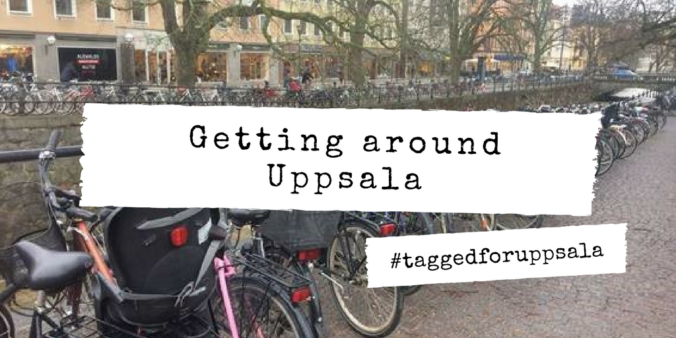









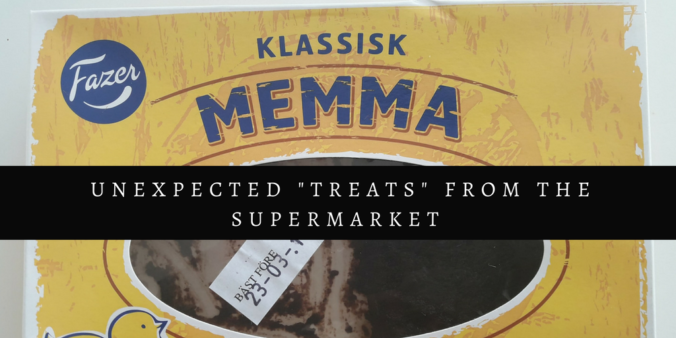
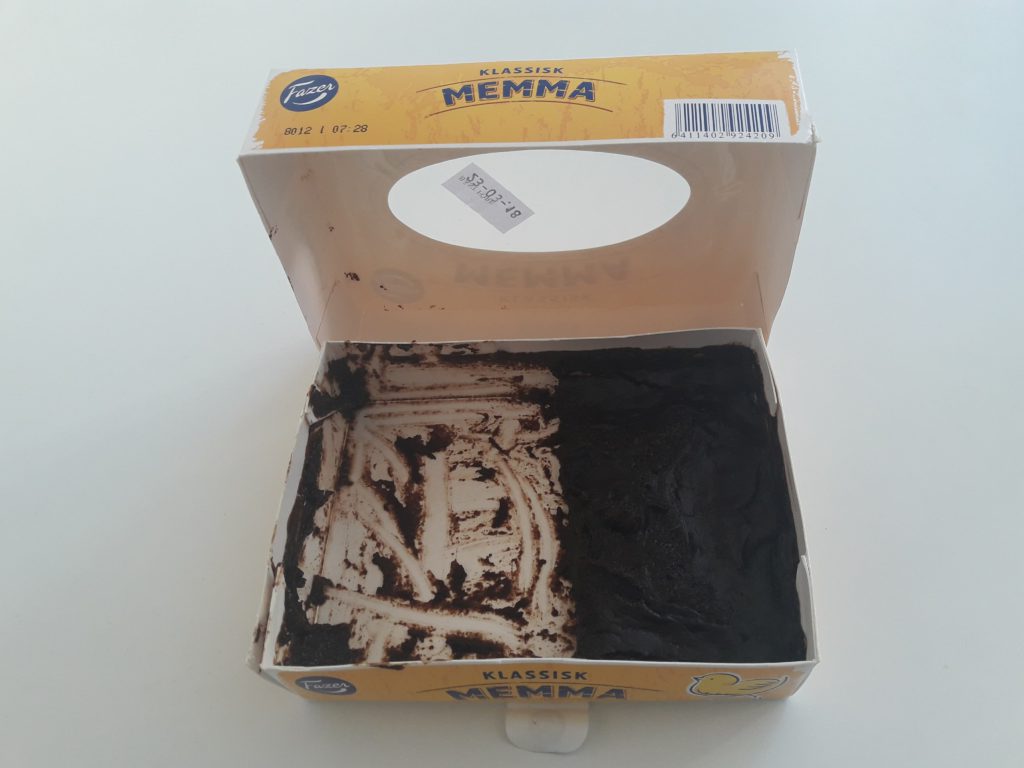
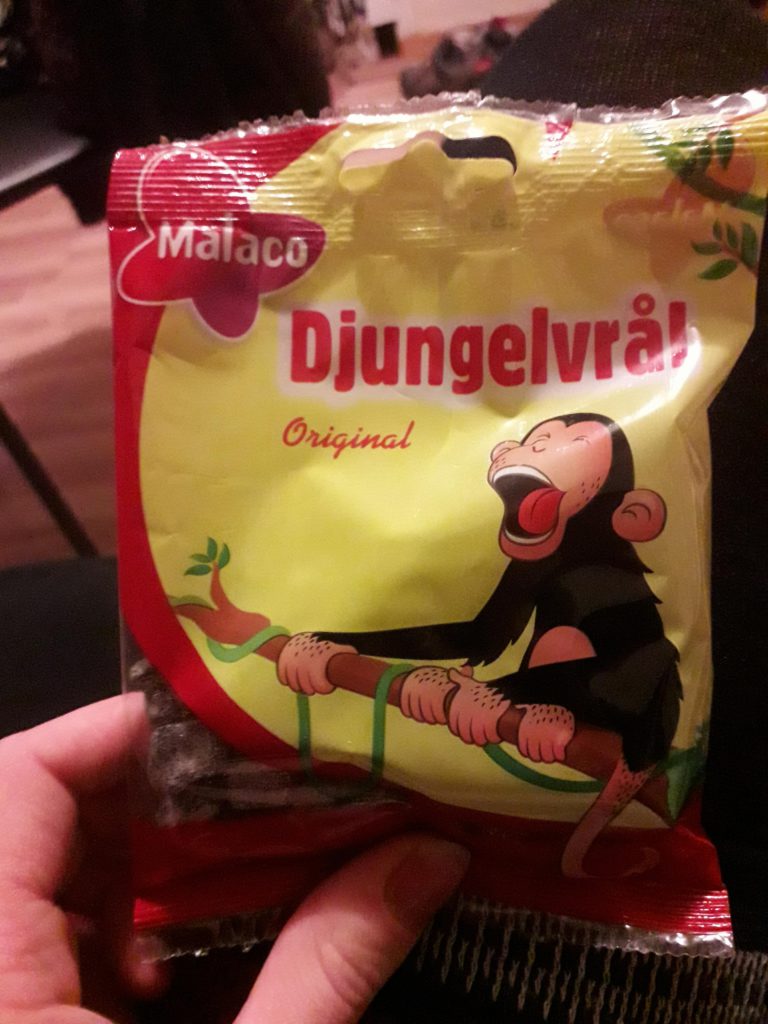







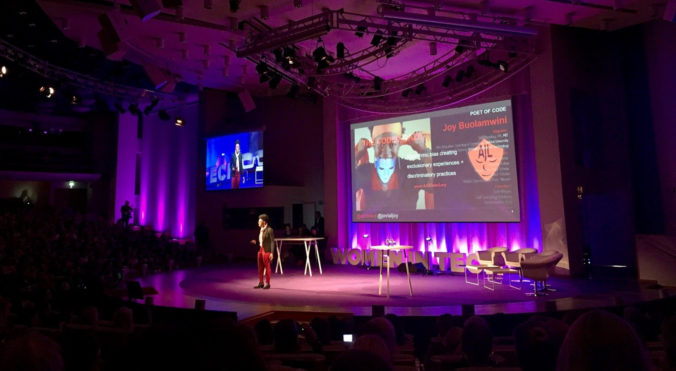
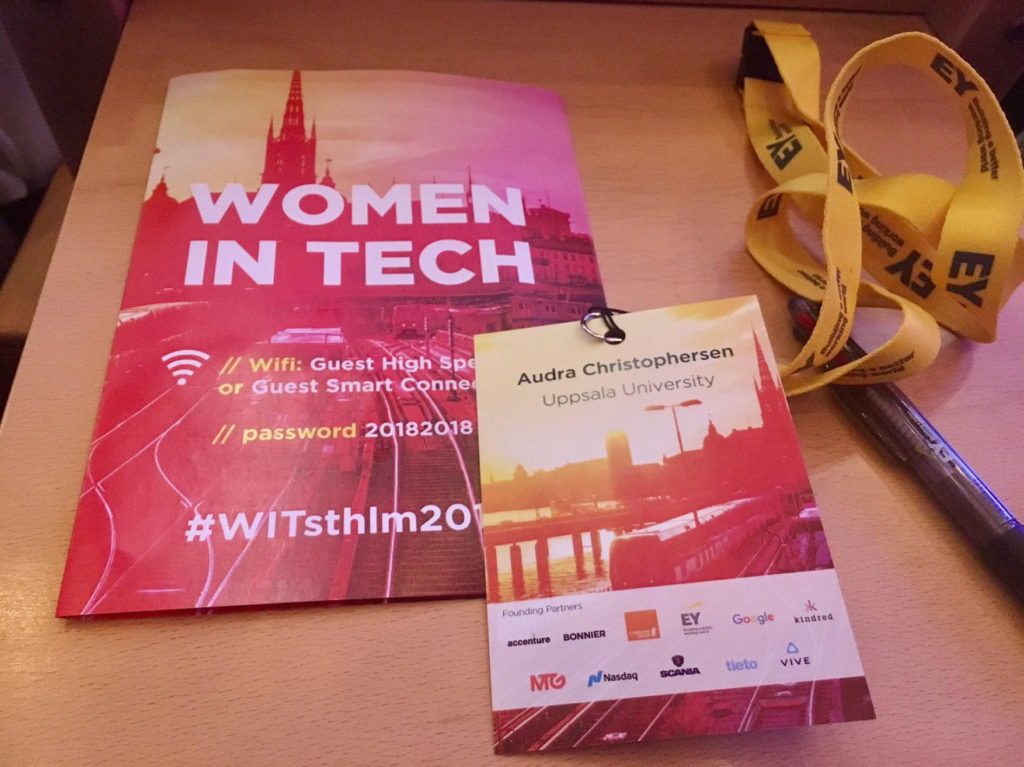
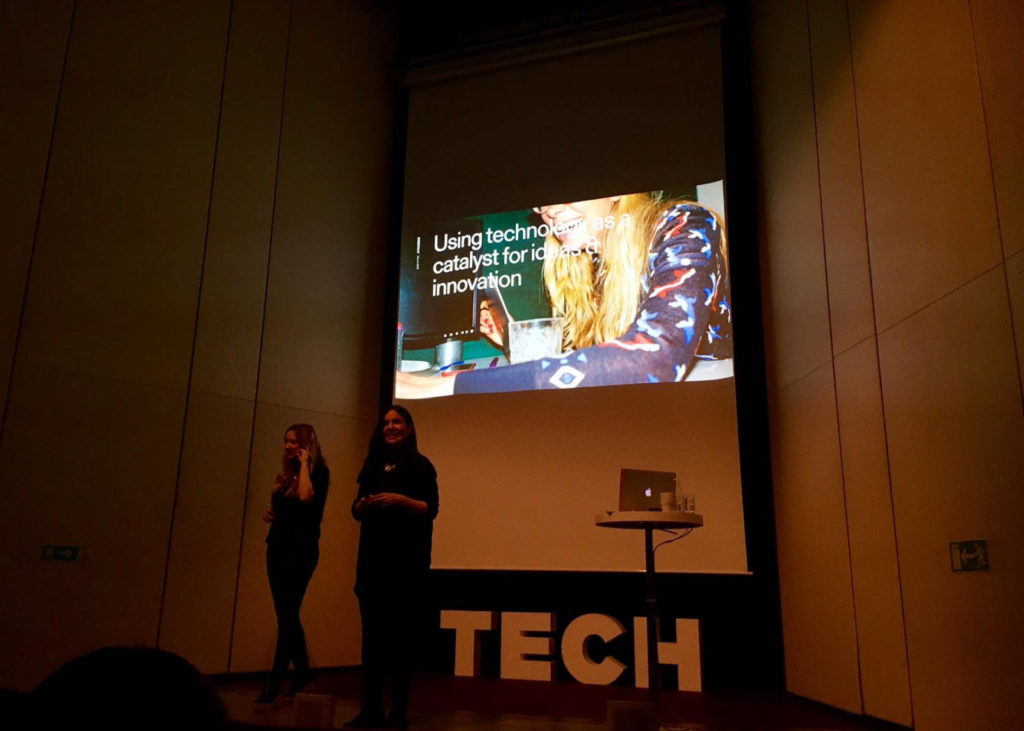
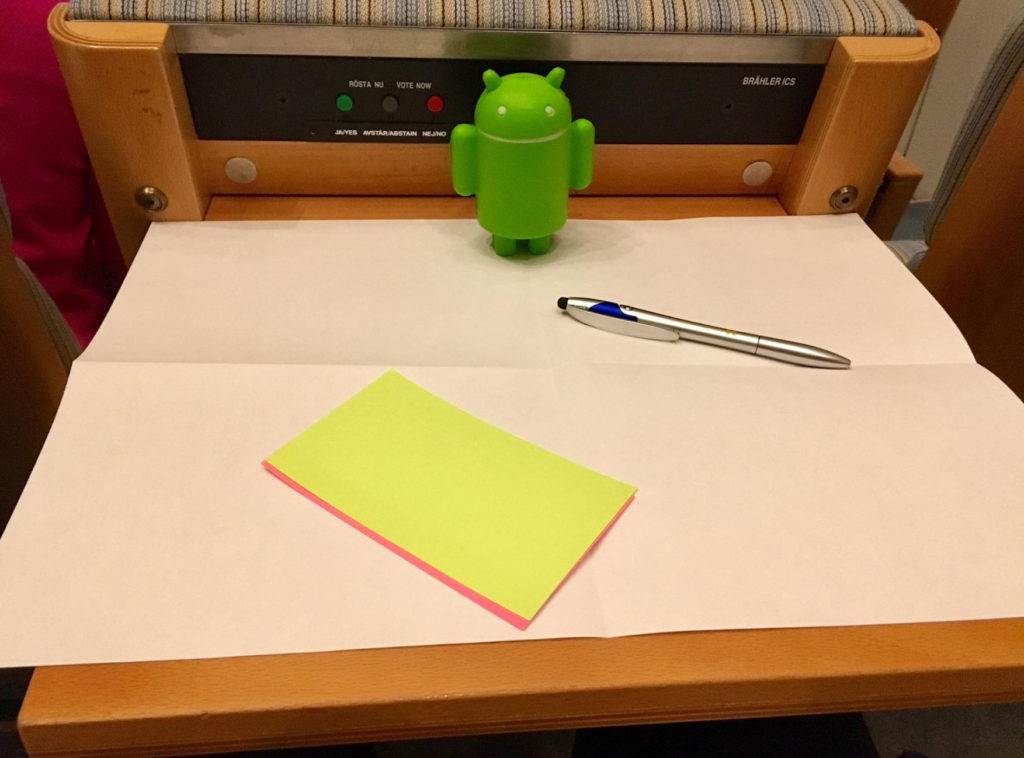

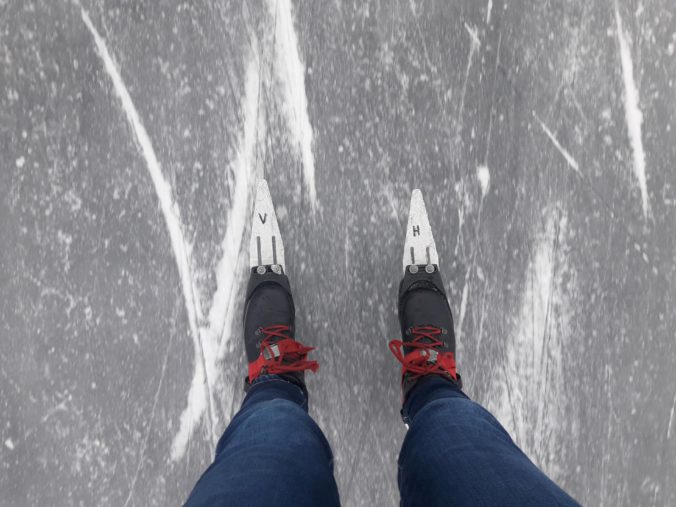
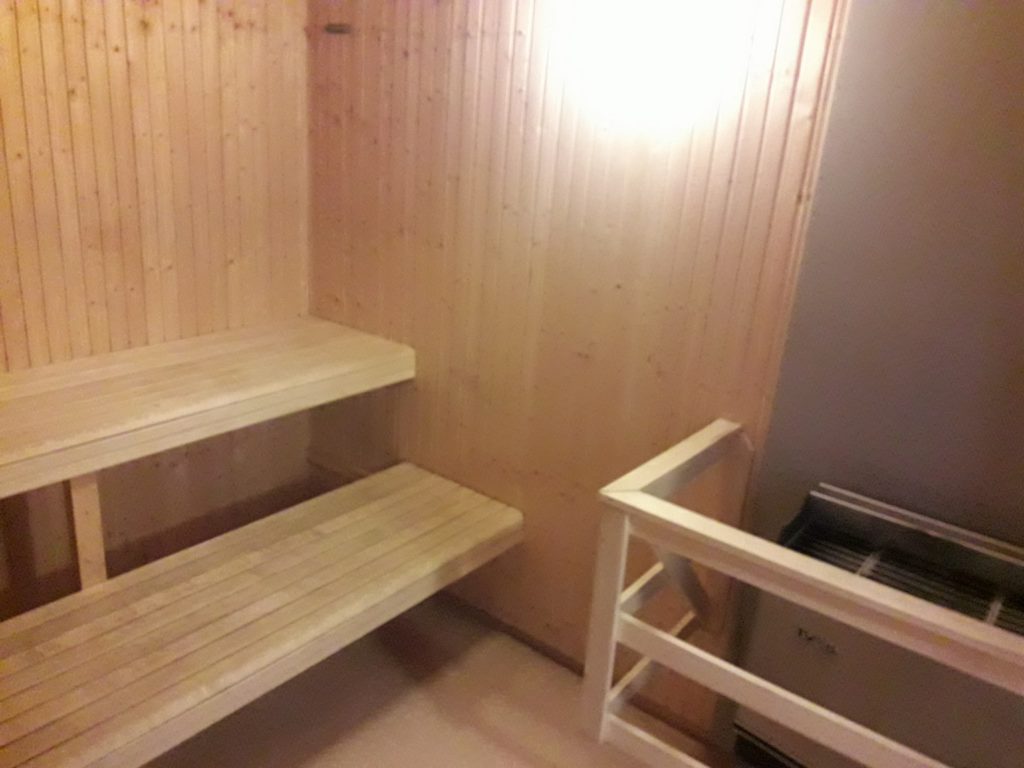
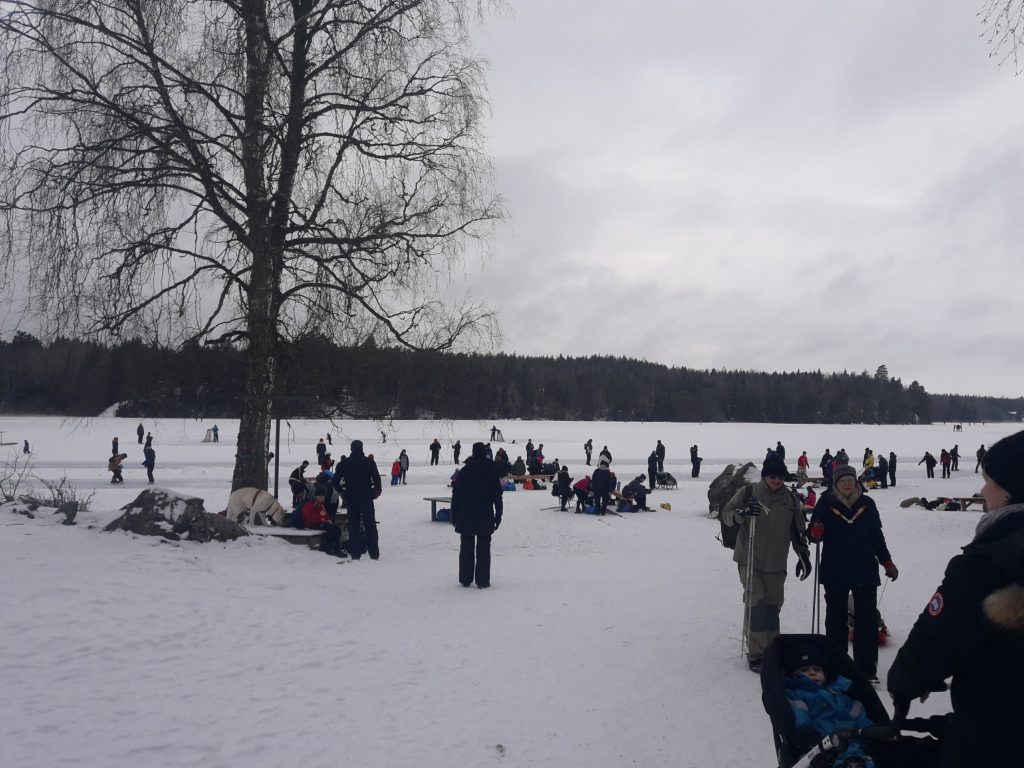
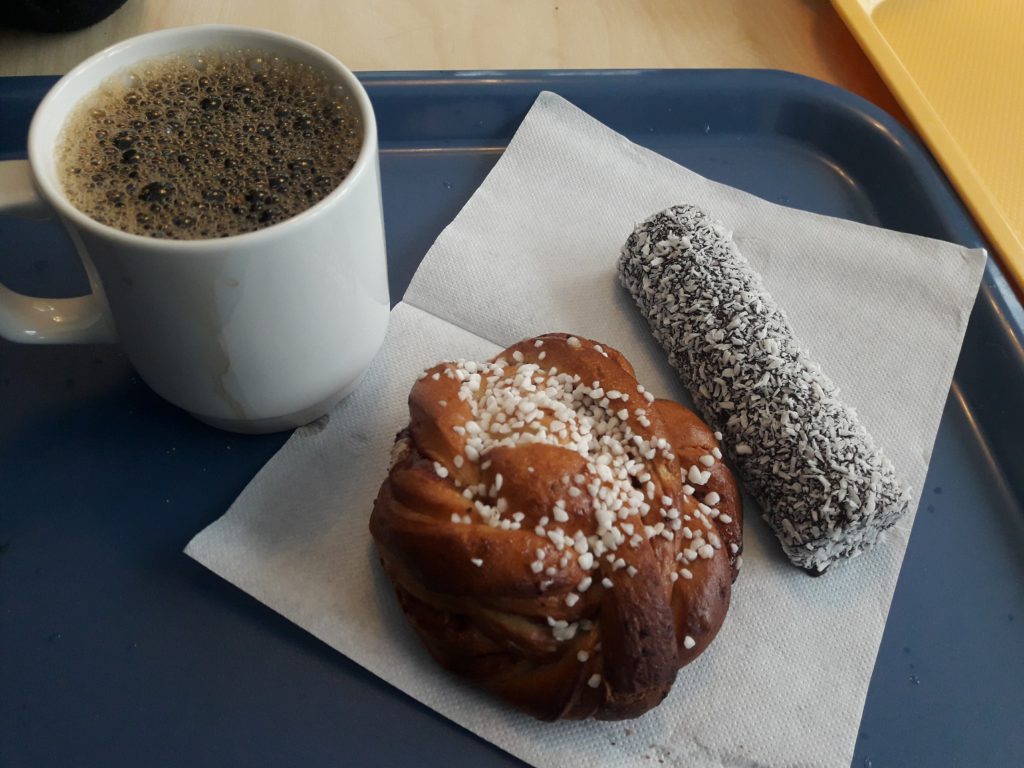
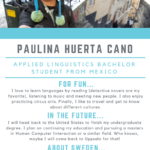
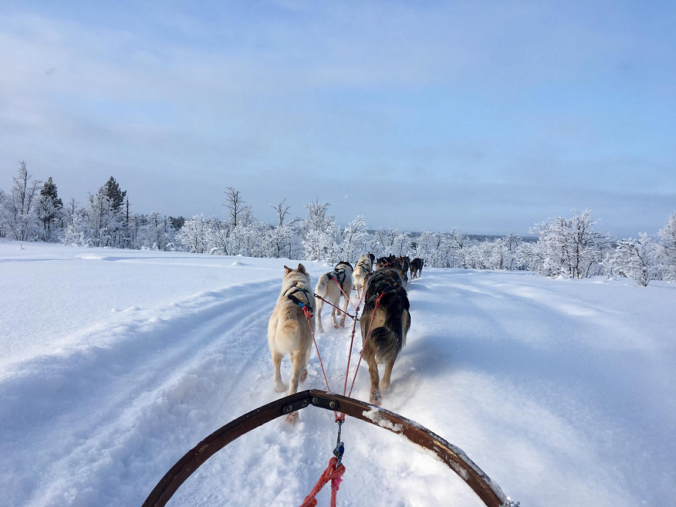

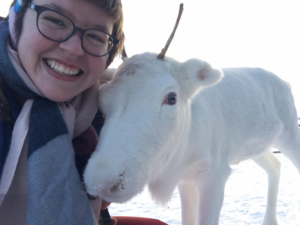

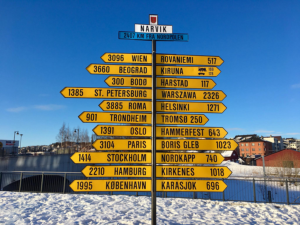
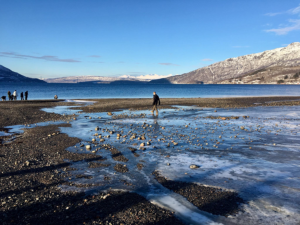


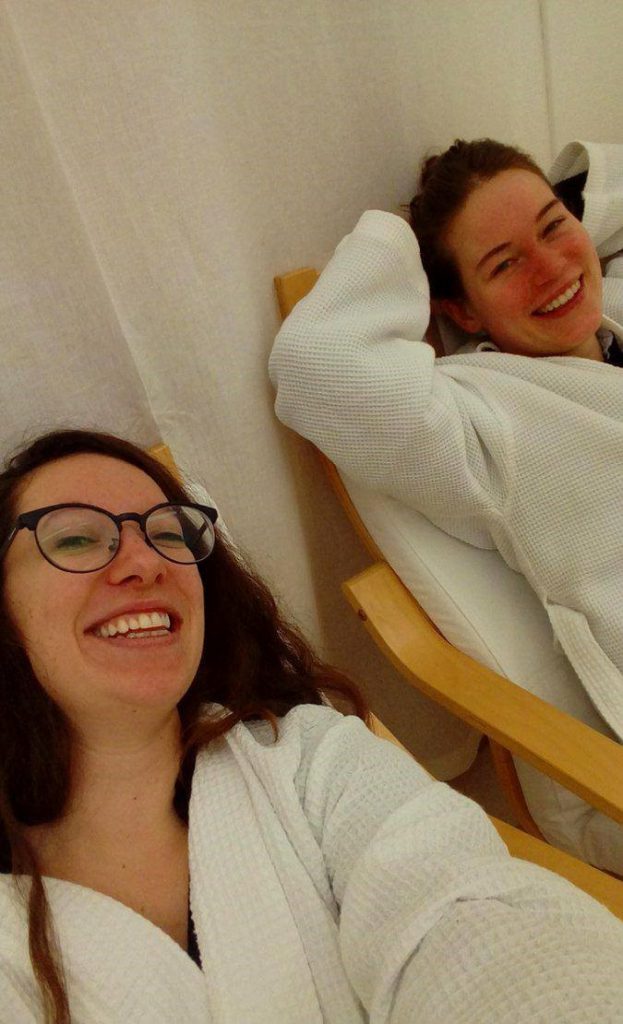

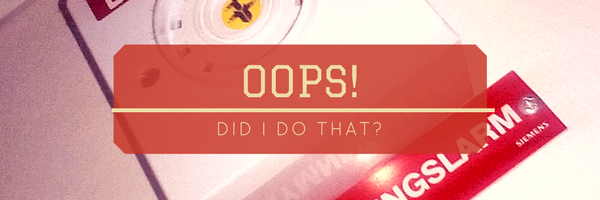

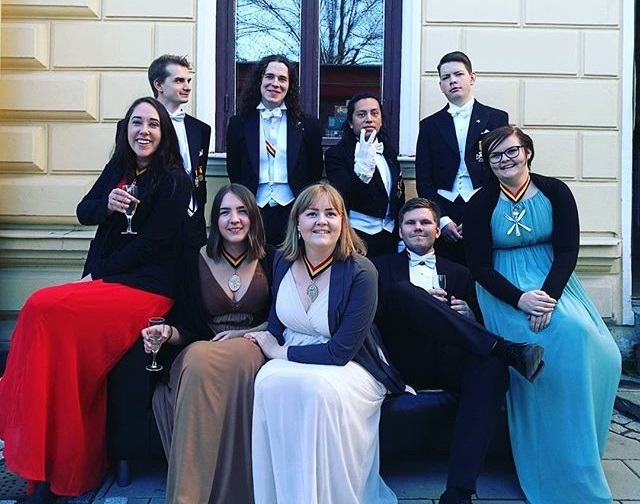
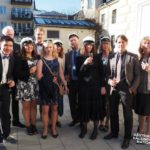




Recent Comments